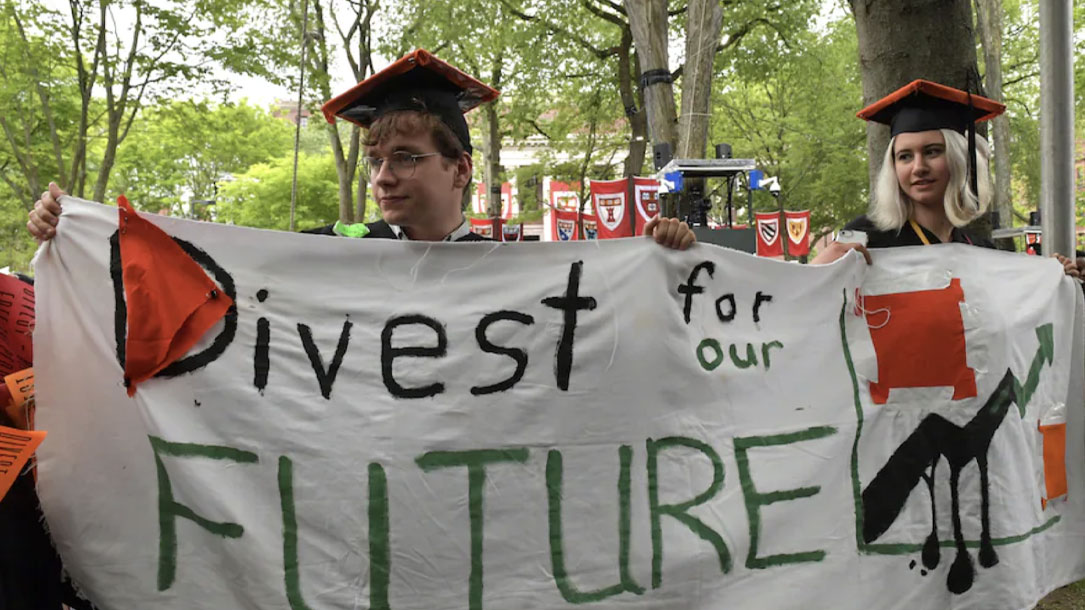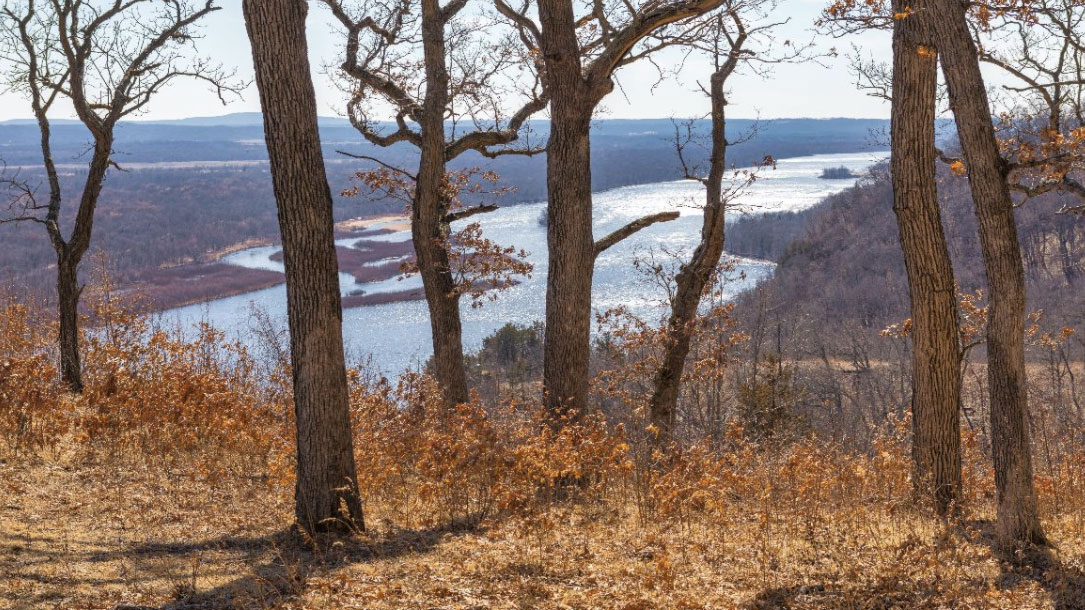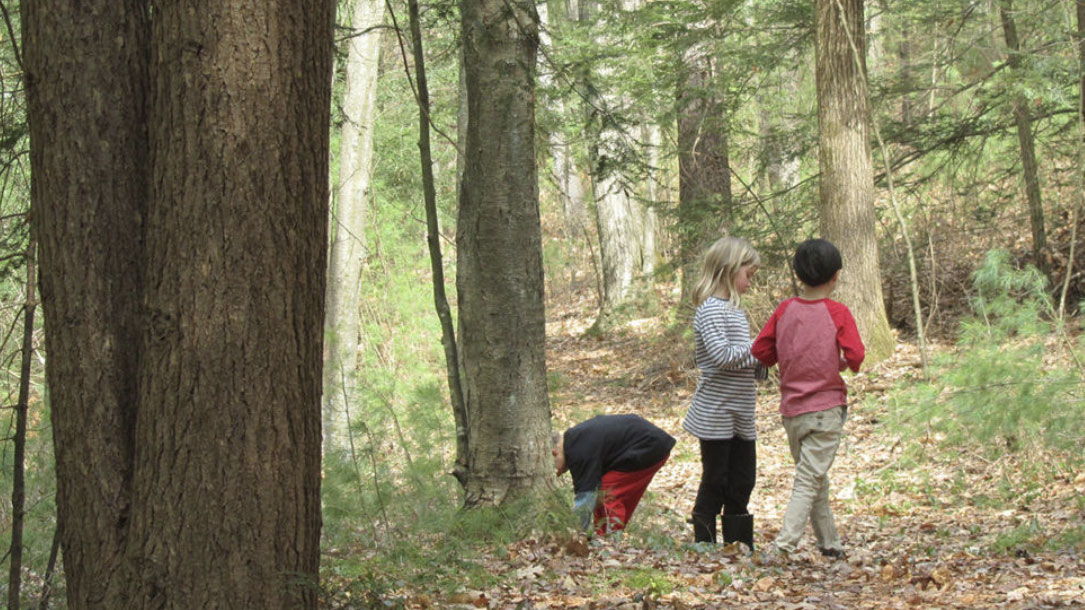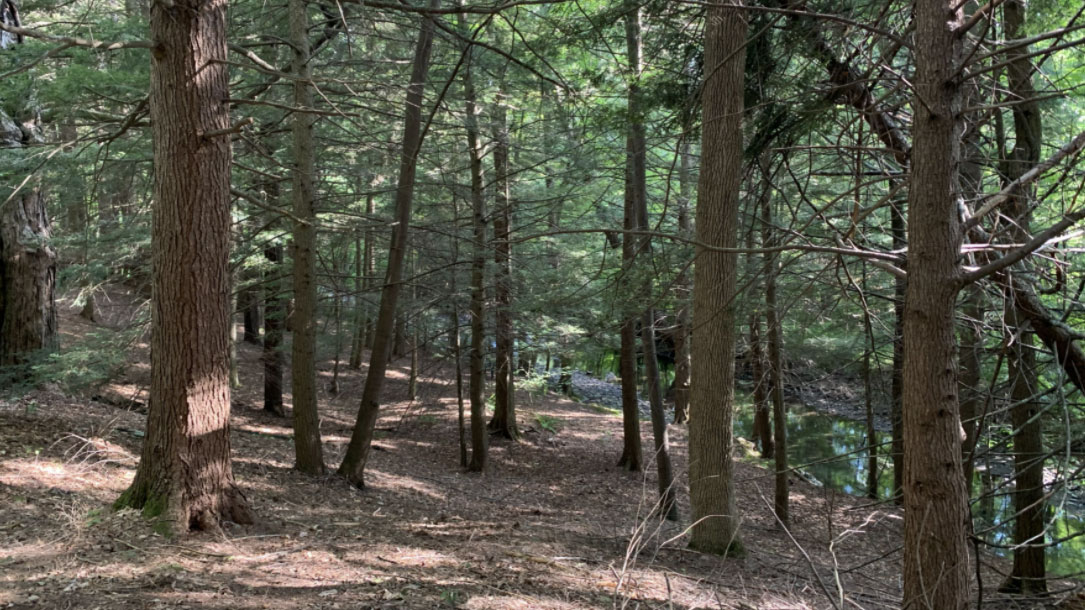Home > Climate News >

Anxious about the climate future? Seen a climate-aware therapist lately?
As climate psychologists will attest, we are living through an epoch of collective environmental trauma, and subsequent climate distress. Even for those among that increasingly shrinking number who are less-than-concerned, the distress of living in an increasingly unpredictable, hostile world will inevitably influence their daily lives. Acknowledging one’s feelings about climate change challenges, and talking about them not only benefits individuals and groups, but may spur broader climate engagement…

Nation’s first regenerative dairy works with nature to heal soil — at scale
At a time when large dairy brands are experimenting with scaling up regenerative practices, Alexandre Family Farm is working to set the standard for the future of the industry…
The couple currently farm on about 9,000 acres (up from 560 acres when they first bought the ranch) with 8,000 head of cattle, including 4,500 mature cows, spread across four locations. All of their cows are on pasture after 5 months of age and the entire land gets grazed eight to nine times per year…
More than a dozen Northeastern dairies (all small-scale, with 100 – 150 cows) are currently going through the ROC certification process, Whitlow says, and the hope is that once those are announced, “it’ll show what’s possible”…

Harvard says fighting climate change is a top priority. But it still won’t divest from fossil fuels.
“Harvard University prides itself on being on the cutting edge of climate policy and research. Its students and faculty have deployed drones over the Amazon, worked on a “bionic leaf” to turn sunlight and water into fuel and fertilizer, and searched for a cheaper electrochemical method of capturing carbon dioxide.
But there’s at least one step on climate change that Harvard has not taken: divesting the university’s $39 billion endowment of investments in fossil fuels.”

Harvard, America’s richest university, will divest from fossil fuels
The action is likely to have ripple effects in higher education and beyond, given Harvard’s $41 billion endowment and its iconic status among American institutions. For years, Harvard resisted calls to cut off funding for oil and gas firms despite demands from many students, alumni, and outside advocates.
“We must act now as citizens, as scholars, and as an institution to address this crisis on as many fronts as we have at our disposal,” Harvard President Larry S. Bacow said recently in a statement to the university community…

What we know: The reality, risks, and response to climate change
“The overwhelming evidence of human-caused climate change documents both current impacts with significant costs and extraordinary future risks to society and natural systems. The scientific community has convened conferences, published reports, spoken out at forums and proclaimed, through statements by virtually every national scientific academy and relevant major scientific organization — including the American Association for the Advancement of Science (AAAS) — that climate change puts the well-being of people of all nations at risk.”

Land restoration for carbon sequestration
Striving to restore these affected areas back to their Native Plant Community type helps provide high-quality habitat for native plants and wildlife, helps protect uncommon and endangered species populations in the state, and protects vital essential ecosystem services such as clean water, clean air, and carbon sequestration.
The Minnesota Land Trust conducts three common types of restoration projects across the state: prairie restoration, wetland restoration, and woody invasives removal…

New community forest promotes climate change resilience
The Town of Pelham Conservation Commission and Kestrel Land Trust recently announced the acquisition of 161-acres of woodlands from private owners to create the Buffam Brook Community Forest, west of the Quabbin Reservoir, the second of its kind in the State of Massachusetts. The Community Forest and Open Space Program is a United States Forest Service Grant that funds local acquisition of land to create a publicly owned forest that is managed for the educational, recreational and economic benefit of the community.
This project is the culmination of years of work between the landowners, Kestrel Land Trust and the Town of Pelham to protect this important landscape, which supports endangered species habitat, local water quality, and climate change resilience.
[Note: You can find additional information here]

Working Woodlands Program
The principle behind Working Woodlands is simple: landowners agree to manage their forests sustainably in return for conservation and management assistance with improving the value and the health of their land.
Specifically, TNC works with landowners to analyze a property’s potential as wildlife habitat and for fighting climate change. In return, participating landowners receive…

EV Stations Complete
“Mendocino County is on the road to a cleaner and more sustainable future with the installation of 13 new electric vehicle charging stations along the coast and in Willits. Thanks to a $498,040 grant from the California Energy Commission awarded to Mendocino Land Trust in 2014, a string of new electric vehicle charging stations are up and running.”

Why psychology should be a part of the fight against climate change
“Climate change isn’t just a political, social and economic issue. It’s also a deeply psychological one — and now, behavioral scientists are using psychology to better understand the complex relationship between people and nature.”












